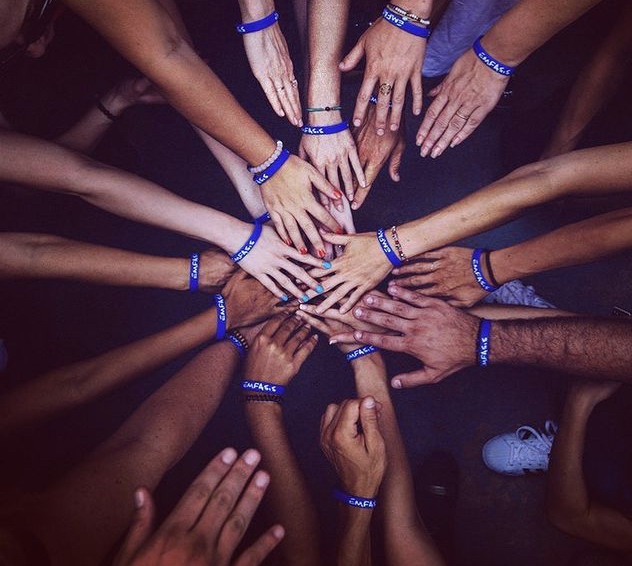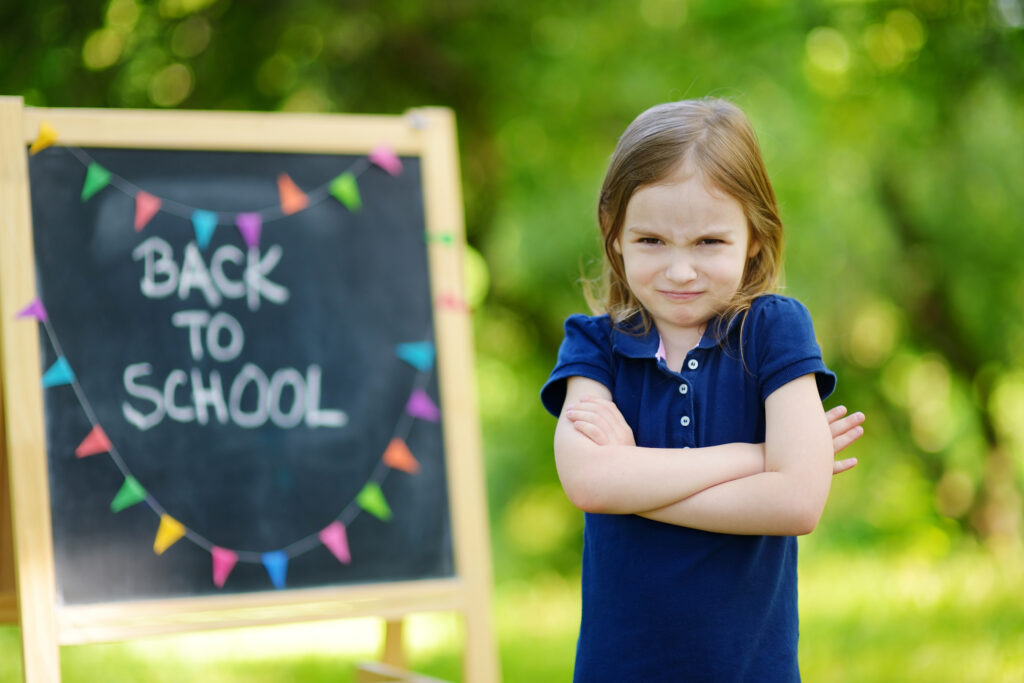Ambiguous Loss – How to Make Sense of Our Feelings and Our Kids’ Feelings During the Pandemic
How are you doing?
If you’re feeling unmotivated, lethargic, down, uneasy, overwhelmed, anxious and/or short-tempered or angry, it is to be expected.
We are all experiencing ambiguous loss which means a loss that has no closure or clarity and this then leaves us with unresolved feelings which can manifest as any of the emotions listed above. We are in a state of grieving many different losses from the pandemic.
What Is Surge Capacity?
Furthermore, most people have now exhausted their “Surge Capacity”. “Surge capacity is a collection of adaptive systems — mental and physical — that humans draw on for short-term survival in acutely stressful situations, such as natural disasters.”
~ Ann Masten, PhD, Professor, Univerisity of Minnesota.
Natural disasters are usually short in duration, even though the recovery can take a very long time. However, a pandemic is not short with a definite ending – we live with the uncertainty of not knowing when the pandemic will end.
Many people are now feeling depleted, as they’ve used up their surge capacity. We need to find ways to renew our surge capacity which is challenging because the pandemic has not yet ended.
As parents, our kids rely on us to keep them going when they are depleted, which means it’s extra important for us to have an intentional plan as to how to top everyone up, especially ourselves.
If you’ve noticed your child or teen’s behaviour has ramped up, this is to be expected, as they are also experiencing ambiguous loss and a depleted surge capacity. Behaviour is always communication, so focus on their feelings under their behaviour, to help them process their own feelings of angst.
Self-Care for Mitigating Ambiguous Loss
We probably all know the analogy for self-care – put on your own oxygen mask first and then your children’s, but are we practicing this?
It’s important that we carve out time for us, and make a concrete plan.
Here are some tips for refuelling:
→ CONNECTION – as humans we need social connections, it’s one of our basic needs. Even if you’re feeling tired, withdrawn or overwhelmed, reach out to a friend or family member for a phone call or a walk and it will help you feel better.
→ TAKE TIME FOR YOU and REDUCE HIGH STANDARDS – we need to let go of our high expectations and find some “me” time, doing what brings us calm and joy. It may be meditating, yoga, a walk, run or bike ride, reading a book, having a bath, writing or painting etc. Take time to do something that you really enjoy.
→ LET GO OF JUDGMENT – our Ego brain feeds on judgment and this doesn’t bring us calm. Especially during the pandemic there is a lot of judgment – who is wearing a mask and who isn’t, who is socially distancing and who isn’t etc. Some things are within our control and some are out of our control, focus on what is within your own circle of control and you will feel better.
→ FOCUS ON GRATITUDE – keep a gratitude journal, create a dinner-time ritual of every family member saying what they are feeling grateful for or just say it to yourself throughout the day. Despite all the challenges that 2020 has brought, it has also brought us a deep sense of appreciation for things that we may well have taken for granted pre-pandemic.
→ NAME YOUR FEELINGS – As Dr. Dan Siegel says “Name it to tame it”. Talk about your feelings with a partner, friend or counsellor. However, don’t tell your children if you’re feeling down or anxious as you need to be the “Captain of the Ship” in stormy seas, and this will create more angst inside of them if you start sharing all your feelings of overwhelm.
Supporting Your Family Through the Pandemic
→ Expect your kids to also be on edge and feeling “rudderless”. Create opportunities for more quality family time, such as playing cards, board games, family light-hearted movies (with no phones – including no phones for parents), family walks, bike rides etc.
→ Make extra effort for connection at bedtime. I often discuss the importance of having cuddles and “talk time” as part of the “Golden Hour” bedtime routine. Even with teens, it’s important to connect with them before bed – they may go to bed after you, but you can have a hot tea with them, go for a walk, or just hang out for a bit, before the house shuts down.
→ Use mealtimes to create an “anchor”. When we feel unmoored we need to find a way to anchor. Mealtimes are an ideal opportunity for this. By providing a meal on the table, we create an Alpha ritual where our kids lean on us and feel taken care of. It’s also beneficial to light candles, play quiet music or, for the younger ones, decorate the table or create a homemade centre piece. Eating together is nurturing and provides a consistent ritual that increases feelings of security amongst the insecurity of the pandemic.
→ Be a good listener. This may sound easy but most kids will say that their parents ask too many questions and give too many lectures or advice. Being a good listener, means validating what you hear them say (which doesn’t mean agreeing, but it does mean you are hearing them). Many times they just wish to be heard and they don’t want you to start trying to fix things. Watch this excellent one and a half minute video about “The Nail in the Head” to remember the importance of validating versus fixing! If you haven’t seen it, you’ve got to watch it – it’s funny and it really makes the importance of validation very clear!
Lastly, this pandemic has probably given everyone a sampling of what it’s like to feel anxious.
Now more than ever, we all need to practice for ourselves and teach our kids the importance of taking day by day, staying in the present and believing in TRUST that this will all work out versus fear of the unknown.
Warmly,

📷 @ Ben White, Unsplash
PS. Please feel free to share this article with a friend or family member who could benefit.
Want to Connect?
Subscribe now to receive free weekly parenting tips and inspiration.







